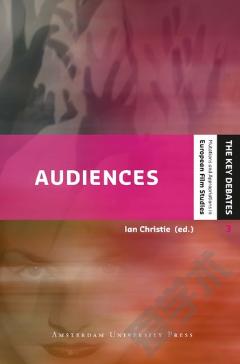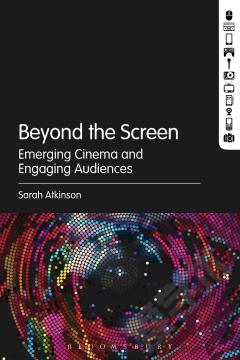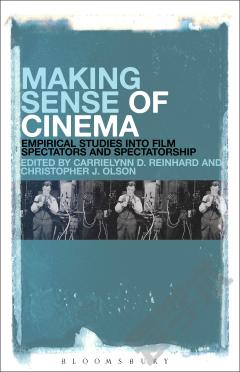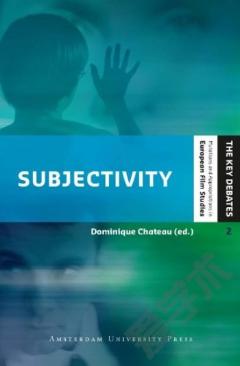Audiences —— defining and researching screen entertainment reception
----- 观众:屏幕娱乐体验的定义和研究
This timely volume engages with one of the most important shifts in recent film studies: the turn away from text-based analysis towards the viewer. Historically, this marks a return to early interest in the effect of film on the audience by psychoanalysts and psychologists, which was overtaken by concern with the ‘effects’ of film, linked to calls for censorship and moral panics rather than to understanding the mental and behavioral world of the spectator. Early cinema history has revealed the diversity of film-viewing habits, while traditional ‘box office’ studies, which treated the audience initially as a homogeneous market, have been replaced by the study of individual consumers and their motivations. Latterly, there has been a marked turn towards more sophisticated economic and sociological analysis of attendance data.
{{comment.content}}








 京公网安备 11010802027623号
京公网安备 11010802027623号